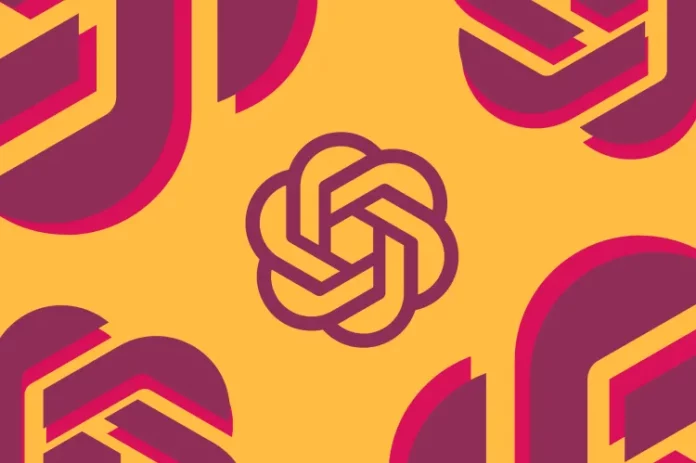AI tools have become an essential part of daily life. Millions of people now turn to ChatGPT for quick answers, workflow improvements, brainstorming ideas, and productivity hacks. For many, it has effectively replaced Google as the go-to platform for finding reliable information.
However, users sometimes notice that ChatGPT takes longer than expected to respond — or that it needs a few follow-up messages to produce the perfect result. This delay isn’t always caused by a slow internet connection. More often, it’s related to traffic on OpenAI’s servers.
Like many online services, ChatGPT experiences peak usage hours. Response times can slow down during work and study hours, especially in the afternoons when user activity is highest. Fortunately, there are a few tricks to improve your experience and speed things up.
Two Simple Ways to Get Faster ChatGPT Responses
If you’re using the free ChatGPT plan, the easiest way to get quicker replies is to log on during off-peak hours. Early mornings or late nights—especially after midnight—tend to be the quietest times, which means your messages are processed faster. That doesn’t mean ChatGPT is unusable during the day, but you’ll likely notice smoother performance outside of busy periods.
Another effective strategy is to ask better questions. The clearer and more detailed your prompt, the less back-and-forth you’ll need. When writing a message, include context, specify how you want the AI to structure its answer, and even mention the tone or format you prefer. These small details make a big difference in both speed and accuracy.
For those who rely heavily on ChatGPT, subscribing to ChatGPT Plus is the most dependable way to get faster responses. Plus users enjoy priority access, faster servers, better model performance, and early access to new features—making it ideal for anyone who uses ChatGPT professionally or throughout the day.





